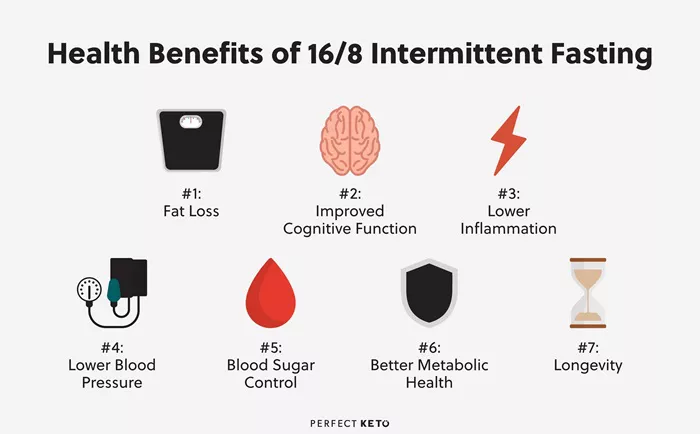The Menominee Indian Tribe has confirmed the first case of Chronic Wasting Disease (CWD) on the reservation following a recent hunting incident. The discovery marks a significant development for the region’s wildlife management efforts.
According to a post shared on the tribe’s official Facebook page, the case was identified on November 19, when a hunter harvested a buck in the southeastern part of the reservation. The deer was subsequently tested and confirmed to be infected with CWD, a fatal neurological disease that affects species like deer, elk, moose, and caribou.
CWD is caused by prions, misfolded proteins that can spread through direct animal contact or via contaminated environments. The disease poses a long-term risk to deer populations because prions can remain in soil for years, contaminating habitats even after an infected animal is removed.
Symptoms of CWD in deer typically include dramatic weight loss, a drooping head and ears, coordination loss, excessive salivation, and a reduced fear of humans. The Wisconsin Department of Health Services has advised against consuming meat from any deer that tests positive for the disease, and recommends testing all harvested deer, regardless of their condition.
The Menominee Tribe is taking steps to mitigate the spread of CWD within its community. Officials remind hunters that baiting deer remains prohibited on the reservation. To ensure the safety of the deer population, the tribe strongly encourages hunters to test their harvests for the disease. Testing is available at the CMN Culture Building, located on the reservation, Monday through Friday from 8 a.m. to 3:30 p.m. Alternatively, hunters may drop off samples at designated CWD sampling site boxes located throughout the reservation.
Related Topics
AI’s Role in Enhancing Health Literacy, Access, and Outcomes
Valley Health and St. Luke Community Clinic Partner to Expand Dental Care in Warren County
Alberta Health Authority Rejects $240K Proposal to Resolve Orthopedic Surgery Disruptions



































